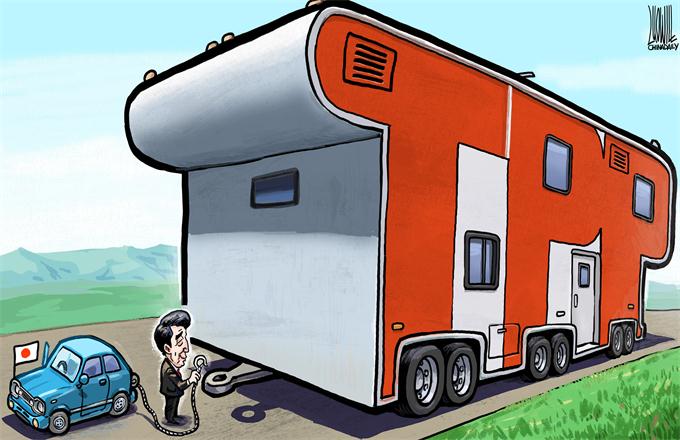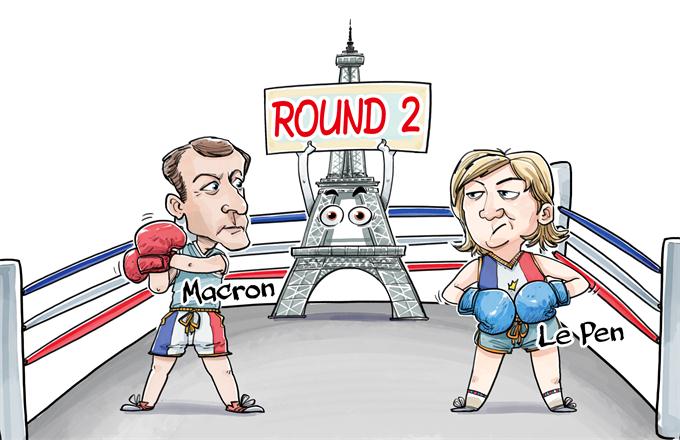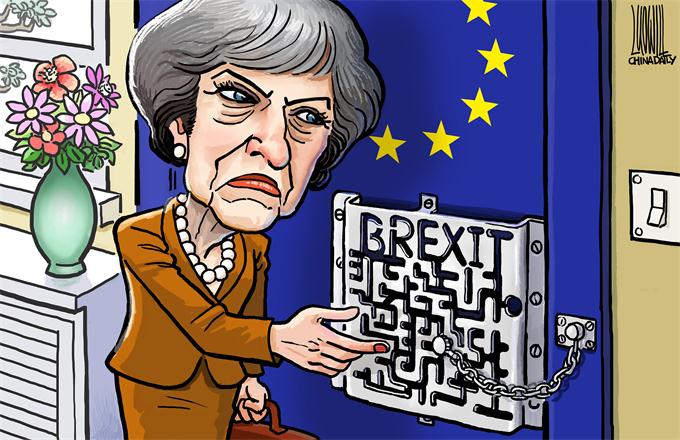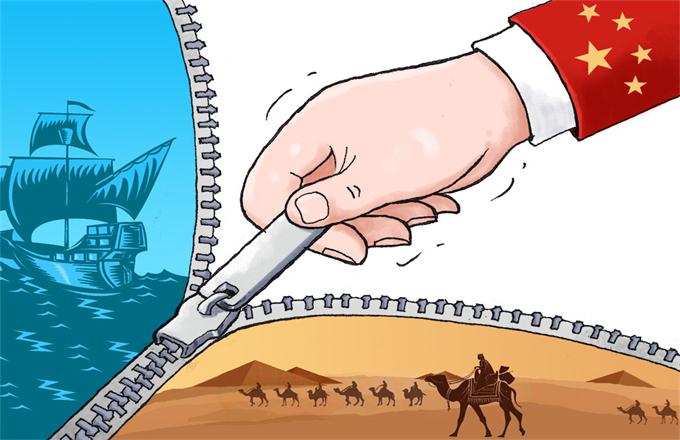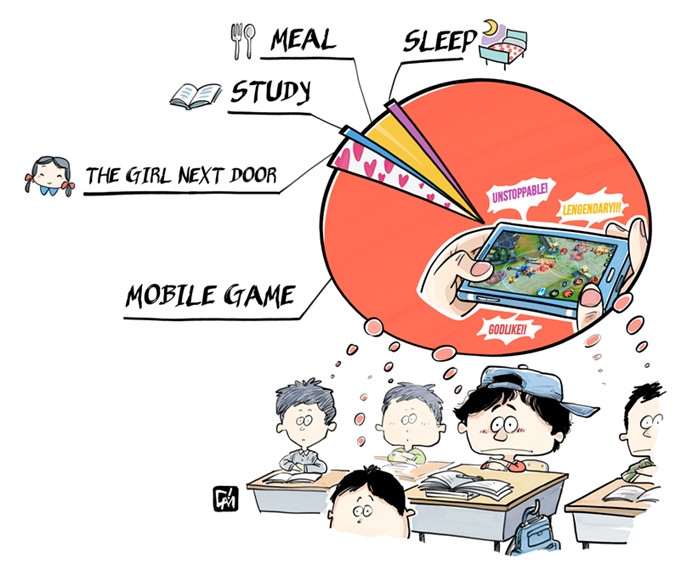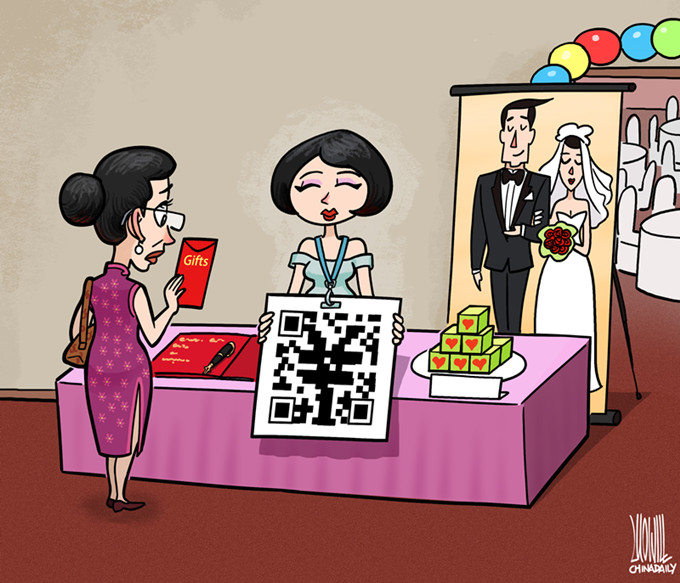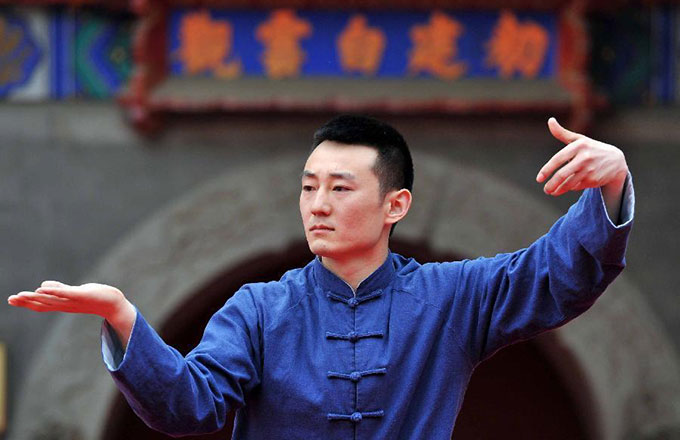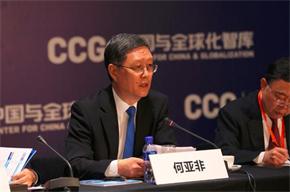The futility of US designs
After being sworn in for his term as US president amid the threat of a national economic collapse, Barack Obama laid out new strategies for development, including doubling US exports in five years. To achieve its goals, the US revitalized its manufacturing industry and expanded its export avenues. And with the Doha Round of trade talks remaining inconclusive even after 10 years, the US proposed Trans-Pacific Partnership to promote regional trade liberalization and seek development opportunities.
As secretary of state during Obama's first term as president, Hillary Clinton tried to sign free trade agreements and promote TPP talks with the US' Asian partners by initiating the "pivot to Asia" policy, which seemingly is aimed at containing China.
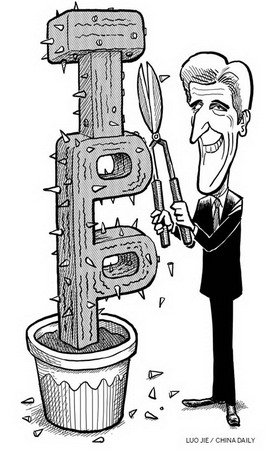
A development in 2012, however, indicated a shift in US policy. The Regional Comprehensive Economic Partnership launched last year has - apart from the 10 ASEAN states - China, Japan, the Republic of Korea, Australia, New Zealand and India as its members. In geo-economics terms, the US cannot be part of the RCEP. And in terms of strategy, the RCEP is supposed to be a "counterbalance" to the US. This prompted Clinton to announce that China, too, was welcomed to TPP talks, signifying the US' policy shift.
During his second term, Obama has secretary of state John Kerry, who has demonstrated his diplomatic prowess through his policies. During his first overseas trip as US secretary of state, Kerry pursued broader cooperation with European countries by establishing the "Transatlantic Trade and Investment Partnership", which is aimed at strengthening rules-based trading system across the world. The European Union, as the world's largest market, and the US, as the world's largest economy, account for more than half of the global economy, and deeper relations between the two can change the rules of the economics game.
Besides, the US has invited Japan to the TPP talks. And, inspired by the US' TTIP, Japan has presented plans to the EU for deeper cooperation in trade and investment.
According to the Financial Times, Kerry's approach to the TTIP and the TPP reflects the new strategy of the Obama administration to deal with China, the world's largest exporter of manufactured products. This US' new approach to trade is characterized by the Financial Times as "ABC - Anyone But China". Speaking of strengthening US-EU trade, an aide to a leading Republican senator said "this is very much part of our China strategy", according to the Financial Times.


